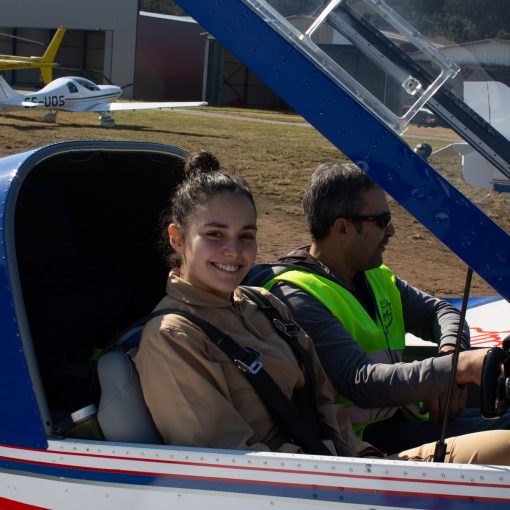The High-Assurance Software Laboratory (HASLab), a research centre of the School of Engineering, coordinates the project “Quantitative methods for cyber-physical programming: reasoning precisely about inaccuracies in cyber-physical behaviour”, which aims to develop mathematical methods for modelling and analysing inaccuracies in cyber-physical software.
Cyber-physical systems are a critical part of Industry 4.0. With this in mind, the project team intends to establish mathematical bases for the imprecision-oriented and systematic development of cyber-physical software. “The creation of mathematical bases for cyber-physical software engineering oriented to principles of uncertainty, stability, and noise promises to facilitate the development of more advanced and robust technology, with applications in different areas, such as medicine, energy, and the automotive industry,” explains Renato Neves, the HASLab researcher coordinating the project.
The project’s innovation lies in the development of quantitative methods, specifically methods that can deal with uncertainty, stability, and noise in the context of cyber-physical software.
The project is coordinated by INESC TEC and has CISTER-ISEP (Research Centre in Real-Time and Embedded Computing Systems) as a partner. It is scheduled to begin in 2022 and end in 2024. It is funded by the Portuguese Foundation for Science and Technology to the tune of around 249,000 euros.



